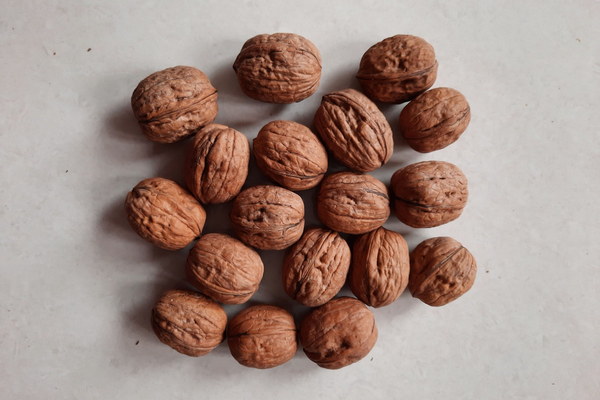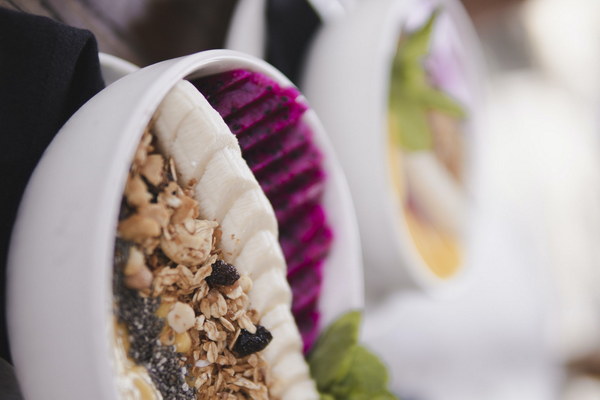Natural Relief for Dry Cough Exploring Traditional Chinese Herbs for Lung Clearing and Cough Subsidence
In the realm of traditional Chinese medicine (TCM), the treatment of dry cough, often characterized by a persistent, tickly sensation and difficulty in producing phlegm, is approached with a focus on clearing the lungs and soothing the throat. Here, we delve into the world of TCM and explore some of the most renowned herbs used to alleviate the symptoms of dry cough.
Dry cough can be caused by a variety of factors, including allergies, environmental irritants, and even underlying respiratory conditions. TCM views dry cough as a result of lung heat, which can be caused by internal factors such as stress, diet, and external factors like cold air or smoke exposure. The goal of TCM treatment is to address the root cause of the cough by restoring balance to the body.
One of the most commonly used herbs for clearing the lungs and subsiding cough is Horehound (Marrubium vulgare). Known for its expectorant properties, horehound can help to loosen mucus and relieve the tickling sensation in the throat. It is often combined with other herbs in formulas to enhance its effectiveness.
Another key herb is Mulberry (Morus alba), which is valued for its cooling and lung-soothing properties. Mulberry leaves are believed to nourish the lungs and reduce the heat that can lead to dry cough. They are often used in combination with other cooling herbs to address the root cause of the cough.
Here are some of the other TCM herbs that are frequently used in the treatment of dry cough:
1. Licorice Root (Gancao, Glycyrrhiza uralensis): Known for its sweet taste, licorice root is used to harmonize the other herbs in a formula and to nourish the lungs. It is thought to help reduce inflammation and soothe the throat.
2. Fritillaria (Chuanbeimu, Fritillaria thunbergii): This herb is used to clear heat and phlegm from the lungs and is particularly effective for treating dry coughs. It is often combined with other lung-clearing herbs to enhance its benefits.
3. Schisandra (Wuweizi, Schisandra chinensis): Schisandra berries are used to tonify the lungs and kidneys, which are considered the foundational organs for respiratory health in TCM. They are believed to help alleviate cough and support overall respiratory function.
4. Peony Root (Shu Di, Paeonia lactiflora): This herb is used to cool the blood and relieve heat, which can be beneficial for dry coughs that are accompanied by a fever or red, sore throat.

When using these herbs, it is important to consult with a qualified TCM practitioner, as they can tailor the treatment to the individual's specific constitution and the underlying cause of the cough. TCM formulas are typically prepared as decoctions, capsules, or teas, and the dosage and preparation method can vary.
It is worth noting that while TCM can offer relief for many people suffering from dry cough, it is not a substitute for conventional medical treatment when dealing with serious or chronic respiratory conditions. If symptoms persist or worsen, it is important to seek medical advice from a healthcare professional.
In conclusion, traditional Chinese herbs offer a natural and holistic approach to treating dry cough by addressing the root cause of the condition. With careful selection and preparation by a knowledgeable practitioner, these herbs can provide much-needed relief and promote overall lung health.









